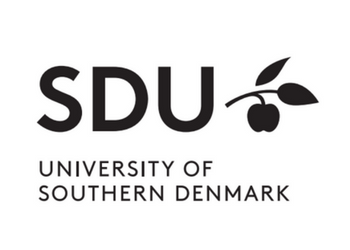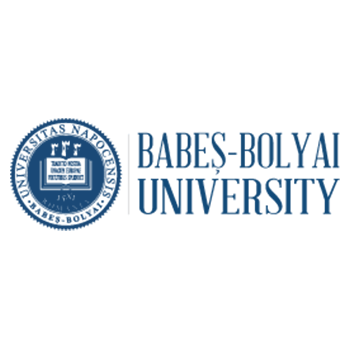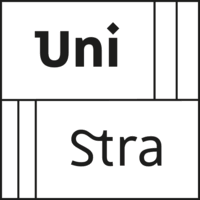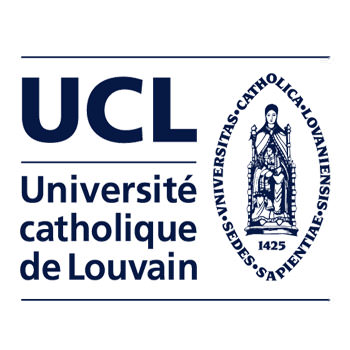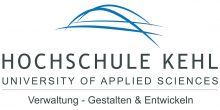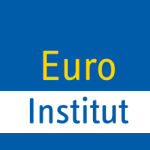The network
The Jean Monnet network « Borders in motion » (Frontem) was obtained in July 2019 and is managed by Ms Birte Wassenberg, Professor at Sciences Po Strasbourg. It was officially launched on 18 November 2019 and will last 3 years.
First network obtained by France from the European Union’s Jean Monnet activities, the network is part of Sciences Po Strasbourg’s tradition of excellent research activities on European issues. Sciences Po Strasbourg already has a Centre of Excellence, a Jean Monnet Project and several Jean Monnet Chairs.
Under the leadership of Sciences Po Strasbourg, the network brings together six other partners: the University of Southern Denmark, the Euro-Institute in Kehl, the Centre for Cross-Border Studies in Armagh, the Babes-Bolyai Cluj University and the Catholic University of Louvain and the University of Victoria in Canada.
The « Frontem » network brings together 3 centres of excellence and 7 Jean Monnet Chairs from different scientific disciplines in Europe and Canada
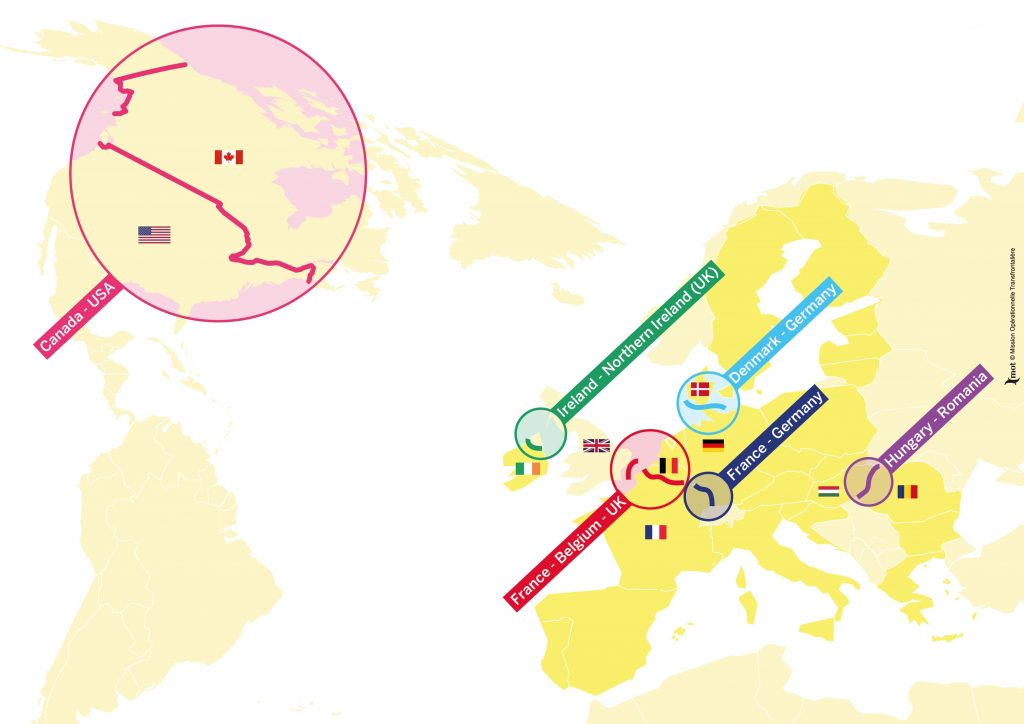
The process of European integration is based on the idea of establishing a « Europe without borders », in which free movement should be a fundamental principle. However, at least since the migrant crisis and the terrorist attacks of 2015, this vision seems to be challenged in favor of an EU that would once again require borders as objects of protection and material and symbolic distancing.
The objective of the Frontem network is therefore to propose a critical reading of the « Europe without borders » model. It starts from the observation that the EU has developed a unilateral view on the border which essentially only takes into account its economic character whilst neglecting other aspects, more symbolic or political. The hypothesis put forward is that the border in the political sense has never disappeared and that it should be analyzed by taking into account its ambivalence as an identity limit and an object of separation, but also as a place of contact and exchange.
As indicated by the EU, the purpose of the Jean Monnet networks is to «promote the development or foster the creation and development of consortia of international players in the area of European Union studies in order to gather information, exchange practices, build knowledge and promote the European integration process across the world.».
The Frontem network aims at a critical assessment of the model of a Europe without borders. It wishes to create a multidisciplinary and international research pool that combines two fields of studies which have so far been poorly connected: European Studies and Border Studies.
For 3 years, the network will exchange knowledge and practices on five different models of EU border management: the border between France and Germany, the border between Ireland and Northern Ireland, the border between Rumania and Hungarian, the border between France and the United Kingdom and the border between Denmark and Germany. A comparative analysis will then be conducted with the Canada/US border to assess whether the European models can be transposed to other regions in the world.
The network aims to take a new look at the role of the border in European integration, considering that there is no single model of perception and management of EU borders, but that they depend on the specific context of each border area concerned.
The network will thus result in a cross-analysis of different models of EU border management, a reasoned overview of the perception of the border by representatives of civil society in given cross-border territories, and it will allow the development of a typology of EU border management models which can meet the political needs and expectations of the European population.
The Jean Monnet Network foresees 3 types of activities that will be carried out in an interconnected way: training, research, and opening to civil society. In the course of its activities, the network will involve young researchers, doctoral students, cross-border actors and citizen associations.
During its three years of existence, the network organizes five research seminars and focus groups, a doctoral seminar, a summer school and a final conference.
Last but not least, it foresees the production of a PhD research cahier, a special issue of the Association for Borderlands Studies, two edited volumes, an interactive platform on the border spaces examined and a pedagogical kit on border perception and management.
The Jean Monnet Network foresees 3 types of activities that will be carried out in an interconnected way: training, research, and opening to civil society. In the course of its activities, the network will involve young researchers, doctoral students, cross-border actors and citizen associations.
During its three years of existence, the network organizes five research seminars and focus groups, a doctoral seminar, a summer school and a final conference.
Last but not least, it foresees the production of a PhD research cahier, a special issue of the Association for Borderlands Studies, two edited volumes, an interactive platform on the border spaces examined and a pedagogical kit on border perception and management.
